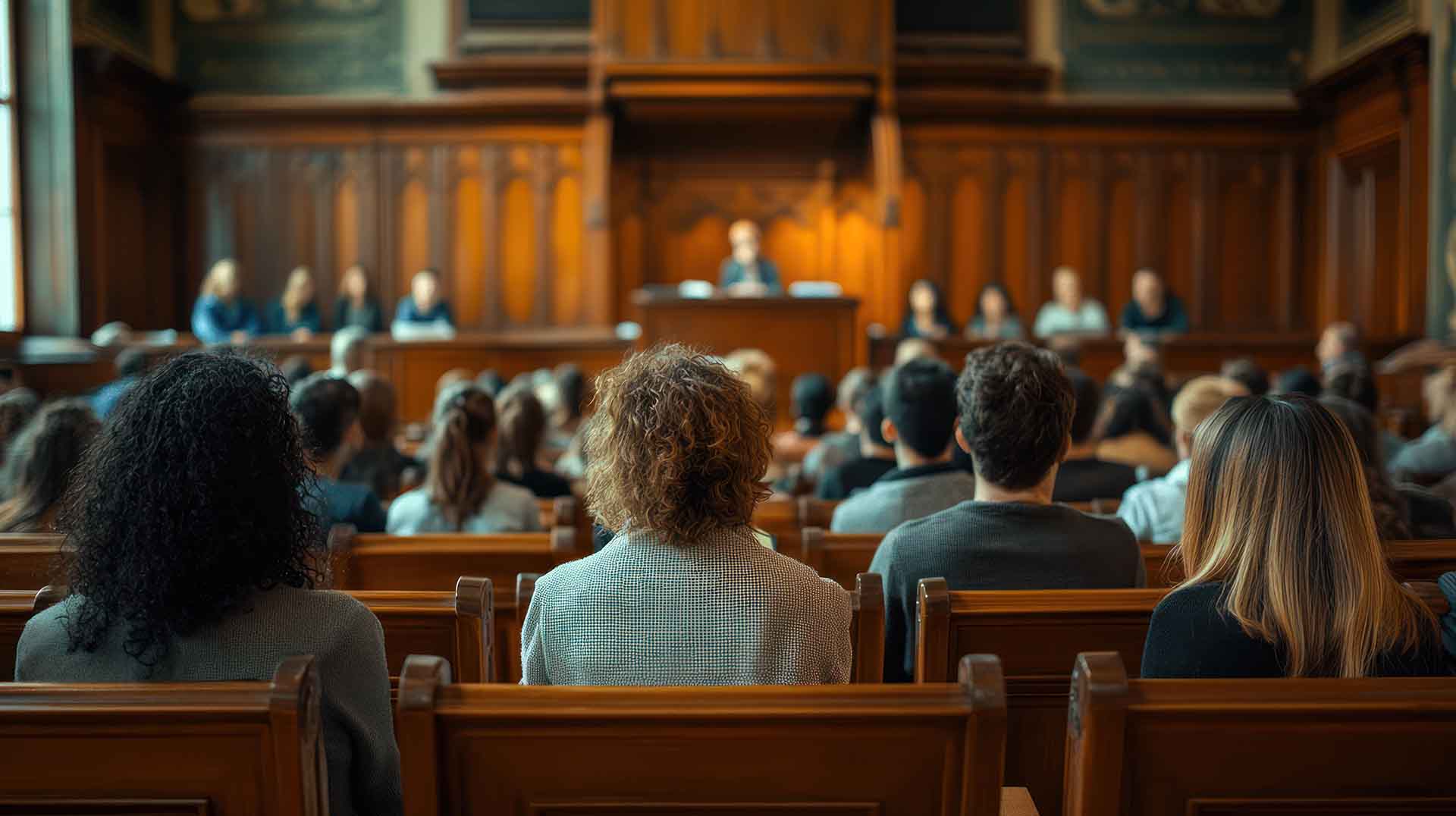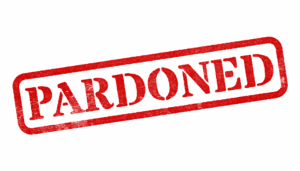Grand juries play a critical role in the U.S. justice system. They decide whether enough evidence exists to bring criminal charges, often in high-profile cases that capture public attention. Yet, unlike regular court trials, grand jury proceedings happen behind closed doors. This secrecy sometimes sparks public debate, especially when major investigations are at stake. So, why are grand jury proceedings secret, and under what circumstances can they be unsealed?
Why Grand Jury Proceedings Are Secret
The secrecy of grand jury proceedings is deeply rooted in U.S. law and tradition. Federal Rule of Criminal Procedure 6(e) governs this principle, and many states have similar rules. The main reasons for secrecy include:
- Protecting the Innocent – If the grand jury decides not to indict, secrecy prevents reputational harm to individuals who may have been investigated but did nothing wrong.
- Encouraging Candid Testimony – Witnesses may be more willing to testify openly if they know their statements won’t immediately become public.
- Preventing Witness Tampering or Retaliation – Keeping testimony confidential helps shield witnesses from pressure, threats, or harassment.
- Preserving the Integrity of Investigations – Secrecy prevents suspects from fleeing, tampering with evidence, or coordinating stories while the grand jury reviews the case.
In short, secrecy protects both the accused and the investigative process.
Who Has the Authority to Unseal Grand Jury Records?
Because grand jury secrecy is so important, only a judge has the authority to unseal grand jury materials. Prosecutors, defense attorneys, or outside parties cannot unilaterally disclose this information. Instead, they must petition the court and convince the judge that an exception applies.
Under What Circumstances Can Grand Jury Records Be Unsealed?
Courts are very cautious about unsealing grand jury records. Exceptions exist, but they are narrowly applied. Common circumstances include:
- Judicial Proceedings – A judge may allow disclosure if grand jury material is needed in another legal case. For example, evidence may be shared with prosecutors in a related trial.
- Historical Interest – In rare instances, courts have unsealed records of historically significant cases (such as the Julius and Ethel Rosenberg espionage case) once enough time has passed and privacy concerns have diminished.
- Governmental Oversight – Sometimes Congress or other government bodies may seek access if it’s essential for carrying out their duties, though this often leads to legal battles.
- Defendant’s Rights – If a defendant can demonstrate that grand jury materials are critical to their defense, a judge may grant limited access.
Even in these cases, courts often unseal only portions of the record, redact sensitive details, or impose strict protective orders.
Conclusion
Grand jury secrecy is not about hiding justice—it’s about protecting fairness, encouraging truthful testimony, and preserving the integrity of investigations. While judges hold the power to unseal records, they do so sparingly and only when justice or public interest outweighs the need for confidentiality.
The balance between secrecy and transparency continues to be debated, especially in politically charged or historic cases. But at its core, the system is designed to ensure justice can proceed without fear or prejudice.






